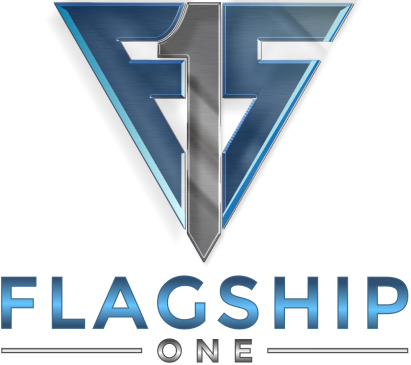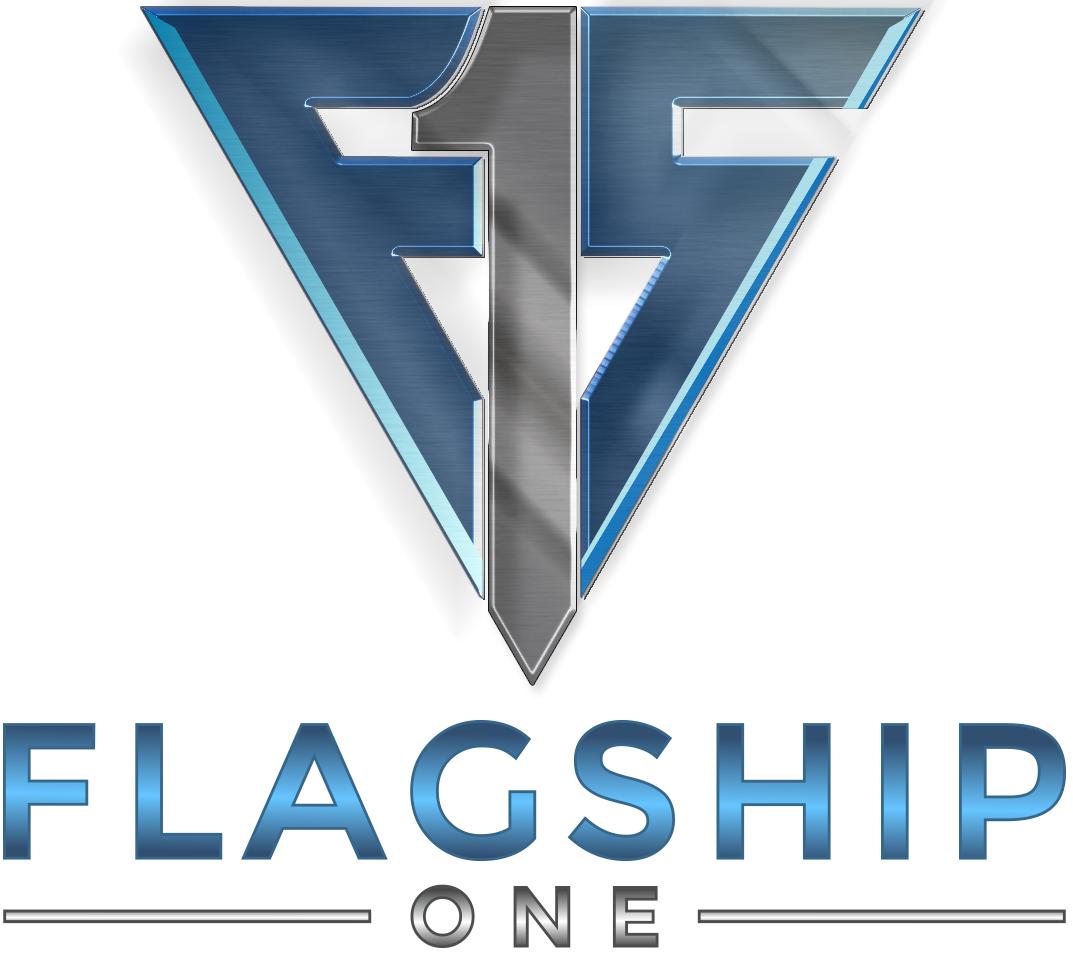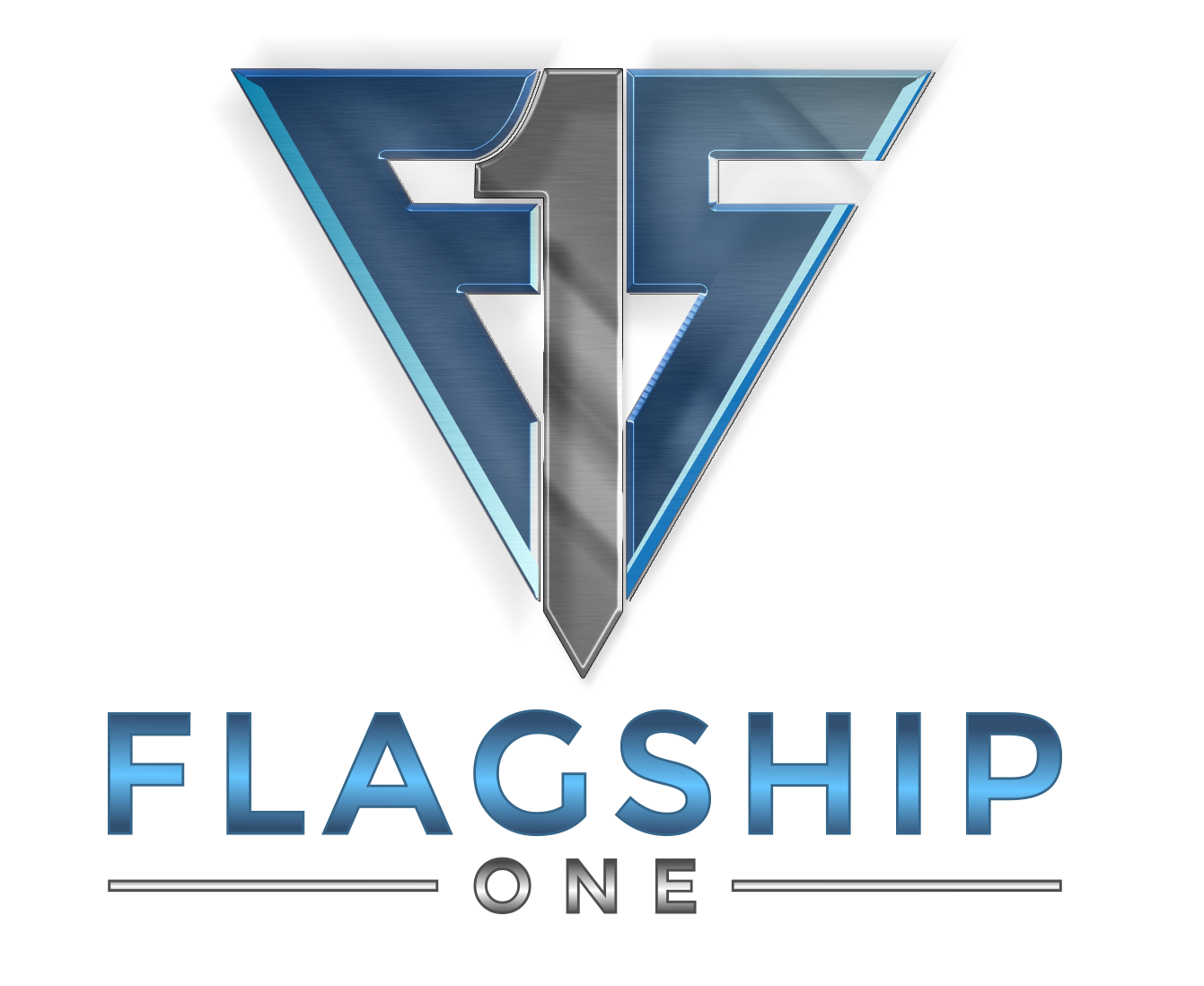Body Components
Parts Assessed:
Windows, power locks, manual locks, doors, trunk, tailgate, mirrors, power and manual seat controls, seat belts, sunroof, convertible top, glass defects.
Reported Problems:
N/A
Analysis:
No major problem has been reported
Brake System
Parts Assessed
Brake pads, brake rotors, brake calipers, anti-lock braking system (ABS), brake lines, brake master cylinder, brake booster, parking brake, brake sensors, regenerative braking system (if applicable).
Reported Problems:
- Power Steering Failure
Analysis:
The 2004 Saturn Ion has been known to experience power steering failure, which can be a significant issue for drivers. This problem often leads to a sudden loss of power steering assistance, making the car harder to steer, especially at lower speeds. While not every 2004 Ion will encounter this issue, it’s something potential buyers should be aware of when considering the overall reliability of the vehicle.
Heating & Cooling
Parts Assessed
Reported Problems:
- Check Engine Light and Misfire Due to Ignition Module/Coil Failure
Analysis:
The 2004 Saturn Ion is known to have issues with the check engine light and misfires, often due to ignition module or coil failure. This problem can be a bit of a headache, as it affects the cars performance and can lead to more serious engine issues if not addressed promptly. While its a common problem for this model year, regular maintenance and timely repairs can help keep the Ion running smoothly.
Drivetrain
Parts Assessed
Reported Problems:
- Check Engine Light Due to Gas Cap Issue
Analysis:
The 2004 Saturn Ion is known to have a common issue where the check engine light comes on due to a loose or faulty gas cap. While this problem is relatively minor and easy to fix, it can be annoying for owners who might worry about more serious engine issues. Overall, aside from this gas cap glitch, the Saturn Ion tends to be a fairly reliable car for its age.
Interior Electronics
Parts Assessed
Reported Problems:
- Check Engine Light Due to Gas Cap Issue
Analysis:
The 2004 Saturn Ion is known to have a common issue where the check engine light comes on due to a loose or faulty gas cap. While this problem is relatively minor and easy to fix, it can be annoying for owners who might worry about more serious engine issues. Overall, aside from this gas cap glitch, the Saturn Ion tends to be a fairly reliable car for its age.
Cooling System
Parts Assessed
Reported Problems:
- Flush brake fluid every 60,000 miles
Analysis:
The 2004 Saturn Ion has its share of quirks, but one thing to keep an eye on is the brake fluid. It’s recommended to flush the brake fluid every 60,000 miles to maintain optimal braking performance and avoid potential issues. Staying on top of this maintenance task can help ensure the car remains reliable in the long run.
Ignition & Wiring
Parts Assessed
Reported Problems:
- Flush cooling system every 60,000 miles
Analysis:
The 2004 Saturn Ion’s cooling system generally holds up well, but it’s important to flush it every 60,000 miles to maintain its reliability. Neglecting this maintenance can lead to overheating issues, which might cause more serious engine problems down the line. Regularly flushing the system helps keep everything running smoothly and can prevent costly repairs.
Engine Repairs
Parts Assessed
Reported Problems:
- A/C off for Engine Protection and Engine Reads Cold
Analysis:
The 2004 Saturn Ion seems to have some quirks when it comes to its A/C system and engine temperature readings. Many owners report that the A/C turns off unexpectedly for engine protection, and the engine often reads as cold even when it’s not. These issues can be a bit annoying, but they don’t necessarily mean the car is unreliable overall.
Exhaust System
Parts Assessed
Reported Problems:
- Flush brake fluid every 60,000 miles
Analysis:
The 2004 Saturn Ion has its share of quirks, but one thing to keep an eye on is the brake fluid. It’s recommended to flush the brake fluid every 60,000 miles to maintain optimal braking performance and avoid potential issues. Staying on top of this maintenance task can help ensure the car remains reliable in the long run.
Fuel & Emissions
Parts Assessed
Reported Problems:
- Flush cooling system every 60,000 miles
Analysis:
The 2004 Saturn Ion’s cooling system generally holds up well, but it’s important to flush it every 60,000 miles to maintain its reliability. Neglecting this maintenance can lead to overheating issues, which might cause more serious engine problems down the line. Regularly flushing the system helps keep everything running smoothly and can prevent costly repairs.
Onboard Electronics
Parts Assessed
Reported Problems:
- A/C off for Engine Protection and Engine Reads Cold
Analysis:
The 2004 Saturn Ion seems to have some quirks when it comes to its A/C system and engine temperature readings. Many owners report that the A/C turns off unexpectedly for engine protection, and the engine often reads as cold even when it’s not. These issues can be a bit annoying, but they don’t necessarily mean the car is unreliable overall.
Strange Sounds & Leaks
Parts Assessed
Dashboard rattles, squeaks, wind noise, door seals, weather stripping, water leaks, air leaks, excessive road noise, suspension noise, drivetrain noise, exhaust rattles, engine bay noises.
Reported Problems:
N/A
Analysis:
No major problem has been reported
Exterior Finish
Parts Assessed
Reported Problems:
N/A
Analysis:
No major problem has been reported
Suspension & Steering
Parts Assessed
Reported Problems:
N/A
Analysis:
No major problem has been reported
Transmission Repairs
Parts Assessed
Reported Problems:
N/A
Analysis:
No major problem has been reported
Conclusion

Flagship One
The world's top supplier of programmed OEM (Original Equipment Manufacturer) Powertrain Control Modules (PCM), Engine Control Modules (ECM), Injection Control Modules (IDM), Body Control Modules (BCM), Transmission Control Modules (TCM), Engine Control Units and all other car control units. With over a decade in the business, we are the most reliable source when it comes to programming services for replacement engine control modules.
What Customers Think About Us

1991 Nissan Sentra Problems & Reliability
Last updated on February 8th, 2025 at 11:48 am
2016 Hyundai Elantra Problems & Reliability
Last updated on February 8th, 2025 at 11:36 am
1992 Audi 100 Quattro Problems & Reliability
Last updated on February 8th, 2025 at 11:51 am



